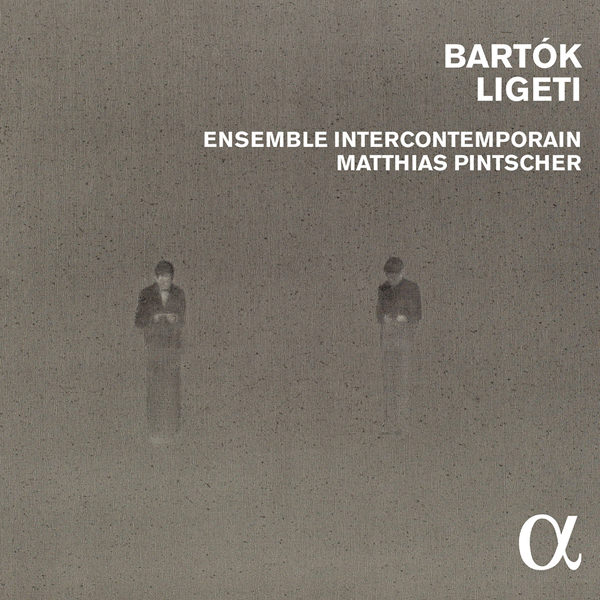
Bartok & Ligeti – Chamber & Orchestral Works – Ensemble InterContemporain, Matthias Pintscher (2015)
FLAC (tracks) 24 bit/88,2 kHz | Time – 01:48:42 minutes | 1,67 GB | Genre: Classical
Studio Masters, Official Digital Download – Source: Qobuz | Booklet, Front Cover | © Alpha Classics / Outhere Music France
Recorded: The Cité De La Musique, Philharmonie De Paris (Salle Des Concerts) From 10 To 13 And 17 June 2014 And On 10 And 11 November 2014
Alpha is launching a collaboration with the Ensemble Intercontemporain and its new artistic director, composer-conductor Matthias Pintscher.
This new series will alternate 20th-century landmarks and new works, providing an opportunity to show to advantage the great quality of the EIC musicians in the major masterpieces of the last century and to discover scores by composers of the 21st century.
György Ligeti’s Piano Concerto (1985‑88) has been threatening to transform itself into a modern composition lollipop and I, for one, have been reluctant to be taken along for the ride. Following the relentless pace of invention that marked Ligeti’s 1960s and ’70s advance – Atmosphères to San Francisco Polyphony without too many people noticing the join – the jaunty rhythmic jig and slide-whistle sound effects of the Piano Concerto can be made to sound like Gershwin busking at the circus. But now pianist Hidéki Nagano and the Ensemble Intercontemporain under Matthias Pintscher issue a reminder that Ligeti’s harmonic and rhythmic procedures had certainly evolved; dredge beneath the surface, though, and his gestural language was still dealing with the sonic theatre-of-the-absurd he had staged during his mid-1960s Aventures and Nouvelles aventures.
If anyone still harbours doubts over the viability of the CD, no doubt Alpha Classics will be wanting a word. Everything from the quality of paper (the booklet is printed on a gorgeous waxy paper like ancient parchment to the touch) to the trimly minimalist packaging and the thoughtfully assembled programme has obviously been carefully weighed up. Boulez’s 1994 DG release of Ligeti’s three solo instrumental concertos (also with the Ensemble Intercontemporain) set the terms of the debate, but never have such resolute performances of these pieces been captured with such lucent detail – and if that weren’t enough, Alpha also gives you top-notch versions of Bartók’s Contrasts and Sonata for Two Pianos and Percussion to help frame the historical context.
Here, Ligeti’s two late-period concertos (piano and violin) bookend his 1966 Cello Concerto. This concerto begins in silence, but not the voyeuristic silence typical of John Cage. The engineers suddenly open the aperture and you’re dropped ears first into a masterfully balanced, orchestrated silence out of which a single high cello note imperceptibly slips. This performance reminds you that Ligeti coordinates the silence as diligently as he does the notes. And when the narrative crumbles into chattering plops, squeaks and rustlings, we are walked right inside this carefully honed noise. Cellist Pierre Strauch feels in overall control in a way that Nicolas Altstaedt in his recent recording for Neos did not.
As already trailed, Nagano’s take on the Piano Concerto is an instant classic. The physicality of his playing is matched by the orchestral Punch and Judy; listen out near the beginning of the first movement for the way grumbling subterranean murmurs emanating from the general direction of the contrabassoon stoke the ensemble fire, and for the insistent mechanised click-clack of woodblocks. Personally I’ve always found Ligeti’s Violin Concerto the most illusive of his late-period works. But Pintscher keeps the unfolding structural narrative rigid (as opposed to Christina Åstrand and Thomas Dausgaard’s weirdly perfumed, romanticised 2000 recording) – which, just as in the Piano Concerto, allows Ligeti’s fantasy to roam free and wild. Review filed, I’m off to have another listen, this time for pure pleasure. -Philip Clark, Gramophone
Tracklist:
Béla Bartok (1881-1945)
Contrasts, Sz. 111 16:47
1 I. Verbunkos (Recruiting Dance): Moderato, ben ritmato 05:17
2 II. Piheno (Relaxation): Lento 04:19
3 III. Sebes (Fast Dance): Allegro vivace 07:11
Sonata for 2 Pianos & Percussion, Sz. 110
4 I. Assai lento – Allegro molto 12:21
5 II. Lento, ma non troppo 06:22
6 III. Allegro non troppo 06:34
György Ligeti (1923-2006)
Piano Concerto
7 I. Vivace molto ritmico e preciso 04:03
8 II. Lento e deserto 06:20
9 III. Vivace cantabile 04:14
10 IV. Allegro risoluto, molto ritmico 05:31
11 V. Presto luminoso 03:44
Cello Concerto
12 I. — 03:42
13 II. — 07:55
Violin Concerto
14 I. Praeludium 03:42
15 II. Aria – Hoquet – Chorale 07:07
16 III. Intermezzo 02:27
17 IV. Passacaglia 06:38
18 V. Appassionato 07:58
Personnel:
Jérôme Comte, clarinet
Diego Tosi, violin
Sébastien Vichard, piano
Gilles Durot, Samuel Favre, percussions
Dimitri Vassilakis, Sébastien Vichard, pianos
Hidéki Nagano, piano
Pierre Strauch, cello
Jeanne-Marie Conquer, violin
Ensemble InterContemporain
Matthias Pintscher, conductor
Download:
mqs.link_BartkLigetiEnsembleInterCntemprainMatthiasPintscher2015Qbuz2488.2.part1.rar
mqs.link_BartkLigetiEnsembleInterCntemprainMatthiasPintscher2015Qbuz2488.2.part2.rar
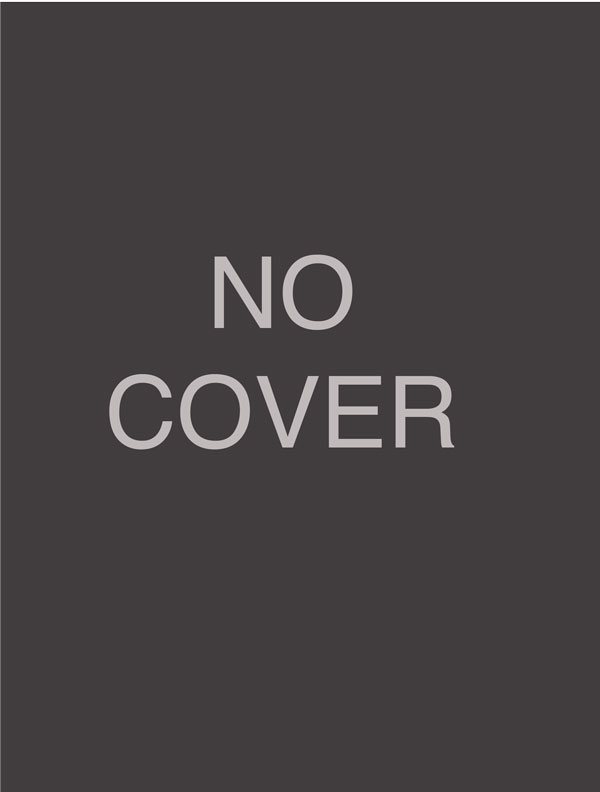
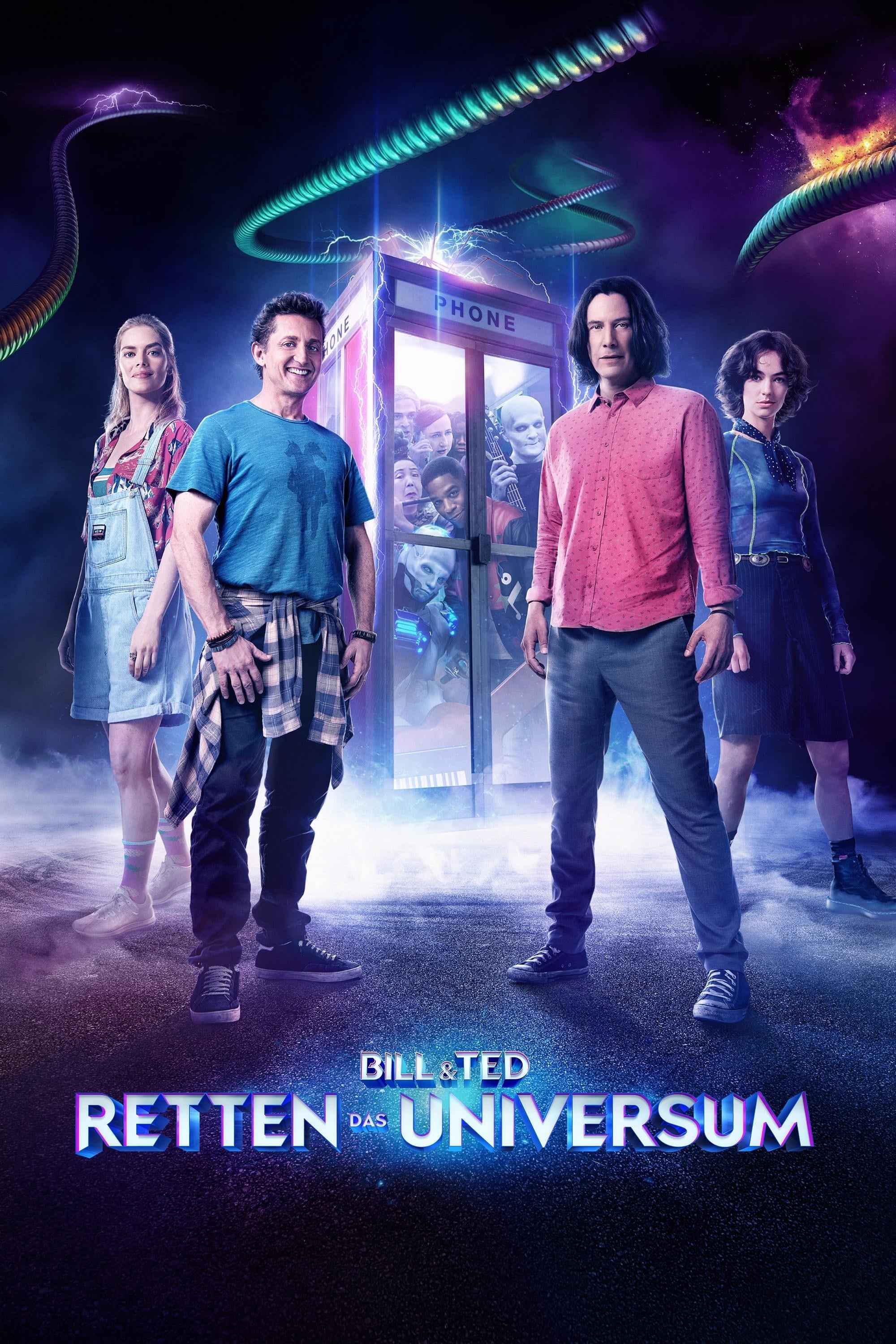

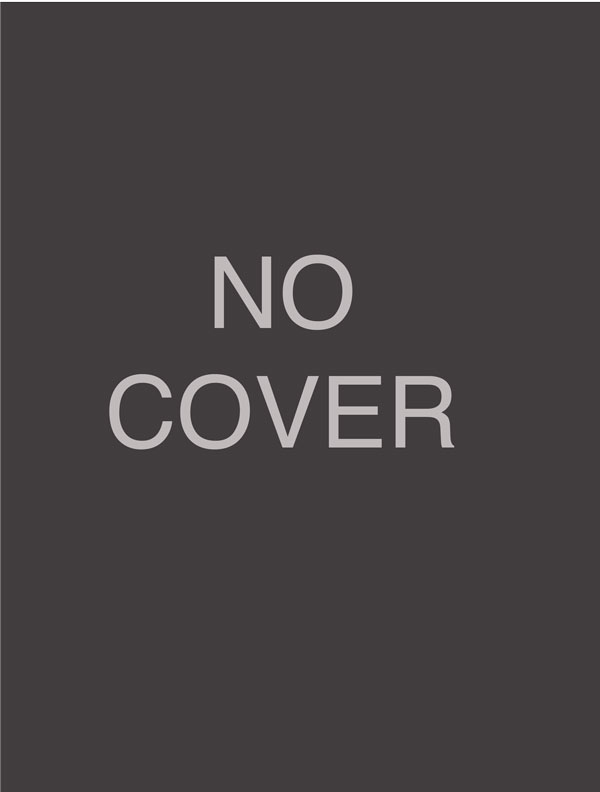

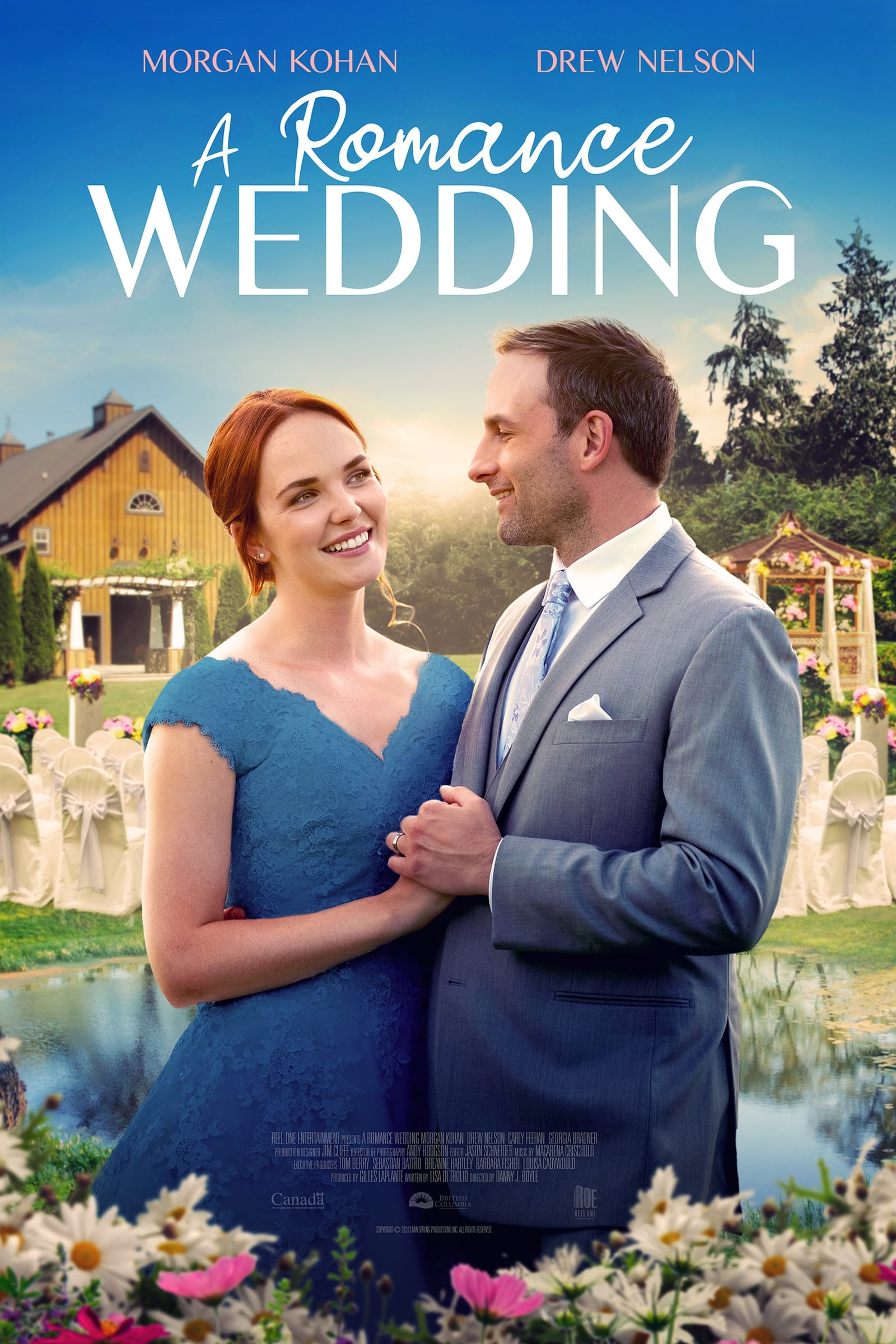
![Maria Callas - Remastered The Complete Studio Recordings 1949-1969 (2014) [Qobuz FLAC 24bit/96kHz] Maria Callas - Remastered The Complete Studio Recordings 1949-1969 (2014) [Qobuz FLAC 24bit/96kHz]](https://getimg.link/images/imgimgimg/uploads/2018/12/Vw7IHlv-1.jpg)
![Ensemble InterContemporain & Matthias Pintscher - New York (2017) [FLAC 24bit/88,2kHz] Ensemble InterContemporain & Matthias Pintscher - New York (2017) [FLAC 24bit/88,2kHz]](https://getimg.link/images/imgimgimg/uploads/2018/09/oEwpQj0.jpg)
![Stuttgarter Kammerorchester & Dennis Russell Davies - Lutoslawski / Bartok: Musique Funebre (2012) [HighResAudio FLAC 24bit/44,1kHz] Stuttgarter Kammerorchester & Dennis Russell Davies - Lutoslawski / Bartok: Musique Funebre (2012) [HighResAudio FLAC 24bit/44,1kHz]](https://getimg.link/images/imgimgimg/uploads/2017/12/VHIey8U.jpg)
![Piers Lane, Howard Shelley - Williamson: Complete Piano Concertos (2014) [FLAC 24bit/96kHz] Piers Lane, Howard Shelley - Williamson: Complete Piano Concertos (2014) [FLAC 24bit/96kHz]](https://getimg.link/images/imgimgimg/uploads/2017/01/PsKdW8Y.jpg)
![Michael Nyman, Valentina Lisitsa - Chasing Pianos (2014) [Qobuz FLAC 24bit/96kHz] Michael Nyman, Valentina Lisitsa - Chasing Pianos (2014) [Qobuz FLAC 24bit/96kHz]](https://getimg.link/images/imgimgimg/uploads/2017/08/m4CSmcw.jpg)
![Pacifica Quartet - Dmitri Shostakovich and his Contemporaries: The Soviet Experience Vol. 1-4 (2011-2013) [24bit FLAC] Pacifica Quartet - Dmitri Shostakovich and his Contemporaries: The Soviet Experience Vol. 1-4 (2011-2013) [24bit FLAC]](https://getimg.link/images/imgimgimg/uploads/2017/07/ntIbtOp.jpg)
![Les Talens Lyriques & Christophe Rousset - Francois Couperin: Concerts Royaux (2019) [FLAC 24bit/96kHz] Les Talens Lyriques & Christophe Rousset - Francois Couperin: Concerts Royaux (2019) [FLAC 24bit/96kHz]](https://getimg.link/images/imgimgimg/uploads/2019/08/88ke7xL.jpg)
![Orchestre National De Jazz, Olivier Benoit - Europa-Paris (2014) [Qobuz FLAC 24bit/88,2kHz] Orchestre National De Jazz, Olivier Benoit - Europa-Paris (2014) [Qobuz FLAC 24bit/88,2kHz]](https://getimg.link/images/imgimgimg/uploads/2017/09/uNaNC3d.jpg)
![Thomas Zehetmair & Orchestre de chambre de Paris - Robert Schumann (2016) [FLAC 24bit/96kHz] Thomas Zehetmair & Orchestre de chambre de Paris - Robert Schumann (2016) [FLAC 24bit/96kHz]](https://getimg.link/images/imgimgimg/uploads/2020/01/rWoTyx4.jpg)
![Michael Tilson Thomas, The San Francisco Symphony - The Mahler Project (2010) [FLAC 24bit/96kHz] Michael Tilson Thomas, The San Francisco Symphony - The Mahler Project (2010) [FLAC 24bit/96kHz]](https://getimg.link/images/imgimgimg/uploads/2017/01/HHDTsz0.jpg)
![Berliner Philharmoniker & Gustavo Dudamel - Richard Strauss: Also sprach Zarathustra (2013/2014) [FLAC 24bit/96kHz] Berliner Philharmoniker & Gustavo Dudamel - Richard Strauss: Also sprach Zarathustra (2013/2014) [FLAC 24bit/96kHz]](https://getimg.link/images/imgimgimg/uploads/2018/08/yoJr6eH.jpg)
![Louis Fremaux - The Complete CBSO Years (2017) [FLAC 24bit/96kHz] Louis Fremaux - The Complete CBSO Years (2017) [FLAC 24bit/96kHz]](https://getimg.link/images/imgimgimg/uploads/2019/06/VE0WYf4.jpg)
![Yuja Wang - The Berlin Recital (2018) [FLAC 24bit/96kHz] Yuja Wang - The Berlin Recital (2018) [FLAC 24bit/96kHz]](https://getimg.link/images/imgimgimg/uploads/2019/06/tdHfgJN.jpg)
![Die Deutsche Kammerphilharmonie Bremen & Matthias Hofs - Telemann Trompetenkonzerte (2017) [FLAC 24bit/96kHz] Die Deutsche Kammerphilharmonie Bremen & Matthias Hofs - Telemann Trompetenkonzerte (2017) [FLAC 24bit/96kHz]](https://getimg.link/images/imgimgimg/uploads/2019/11/8Idds5J.jpg)
![BIT20 Ensemble, Baldur Bronnimann - Gyorgy Ligeti: Concertos (2016) [eClassical FLAC 24bit/96kHz] BIT20 Ensemble, Baldur Bronnimann - Gyorgy Ligeti: Concertos (2016) [eClassical FLAC 24bit/96kHz]](https://getimg.link/images/imgimgimg/uploads/2018/11/gYFnJYk.jpg)